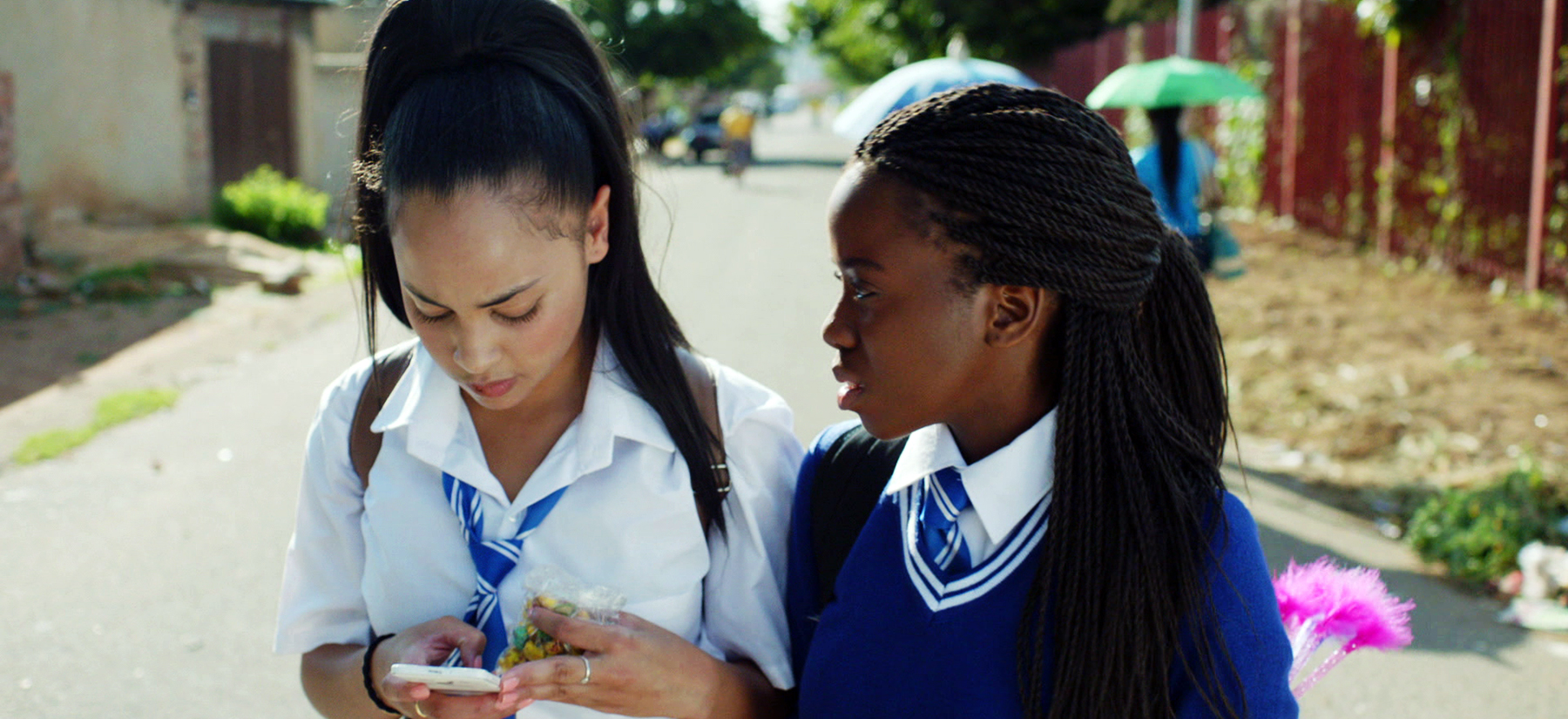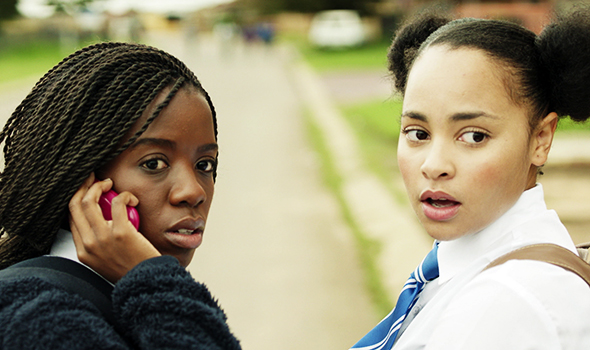Victim-Blaming Must End Now
News
30/05/2017

‘Blessers’ & gender-based violence have been key issues in #MTVShugaDS…
Tsholo has been raped, assaulted and constantly harassed by Sol, who believes that by giving her a few gifts, he has earned total control over her life. For Khensani, having a relationship with her teacher, Mr Masangu, left her pregnant, alone and in a vulnerable position. Feeling the pressure from society, her parents, and friends, Khensani felt her only option was to have an abortion.
What do both of these situations have in common? They both highlight the harsh issues faced by women in South Africa and across the world. Being taken advantage of and forced into difficult circumstances is an everyday reality for many young girls and women. Abuse and manipulation are things that no young girl should ever have to face. What makes this situation even worse is this culture of ‘victim-blaming’ that is present within society.
“Khensani was so stupid for getting into this situation!”
“Tsholo had it coming; she accepted the gifts, what else did she expect?”
Such comments highlight a much deeper issue that we all need to be aware of, and that is: how girls are viewed and treated in South Africa. Samke Makhoba, who plays Khensani, spoke to us about what it’s like being a girl in SA, and the challenges they face when it comes to these important topics…
”
Playing Khensani was emotionally draining. The only way I felt I could play her role was to somehow find areas where I could relate to her. Putting my feet in her shoes forced me to recall moments where I felt depressed, traumatised and isolated.
Khensani is a victim of a very toxic relationship. She is involved with an older man, almost twice her age. This man is also her school teacher. As a teacher, he is trusted to protect and act as a parent when children are at school. Mr Masangu (her lover and teacher) manipulates her into thinking that their relationship is real. Khensani is impregnated by her teacher and she takes time deciding on whether to keep or terminate her pregnancy.
When I was 15, like most 15 year olds, I cared so much about how the world viewed me. I wondered what people thought, and if they were talking about me. Like Khensani I was born in a township where people liked to gossip and lay judgment on others without realizing that they were in fact discriminating. Discrimination lays shame and lowers a person’s self-esteem.
Many girls in South Africa that are experiencing similar things to Khensani are left to feel like outcasts and worthless rejects. People never want to sympathise and understand that this demoralises and takes away a person’s identity.
To be called “stupid” as Khensani has been described is demeaning. In her case, she was vulnerable and naïve yet people misunderstood her behaviour for stupidity. To be stupid is to lack intelligence and Khensani does not. Like many young girls in South African society, Khensani lacked guidance. She was misinformed or not informed at all about life. Her story reflects the importance of life orientation as a subject for learners.
Her actions were wrong, yet people need to think of how she got into trouble. In any situation, people need to understand the backstory before judging. Khensani was manipulated into thinking she was truly loved. Surely we as women could sympathise with Khensani based on “that one guy who broke our heart?” We also have to acknowledge that she is 15 years old. Her mindset is between that of a child and an adult, exactly in the middle of the adolescence stage. This is a conflicting period of development.
It is just unfortunate that she is slowly learning with no guidance. Her story, which is a reflection of many young girls’ lives, emphasises the need for parents to interact and communicate with their children, and for teachers to educate their students on life orientation.
“
For more information, visit our knowledge page to access help, support and advice about all of the key issues discussed in #MTVShugaDS








comments
Log In or register to comment